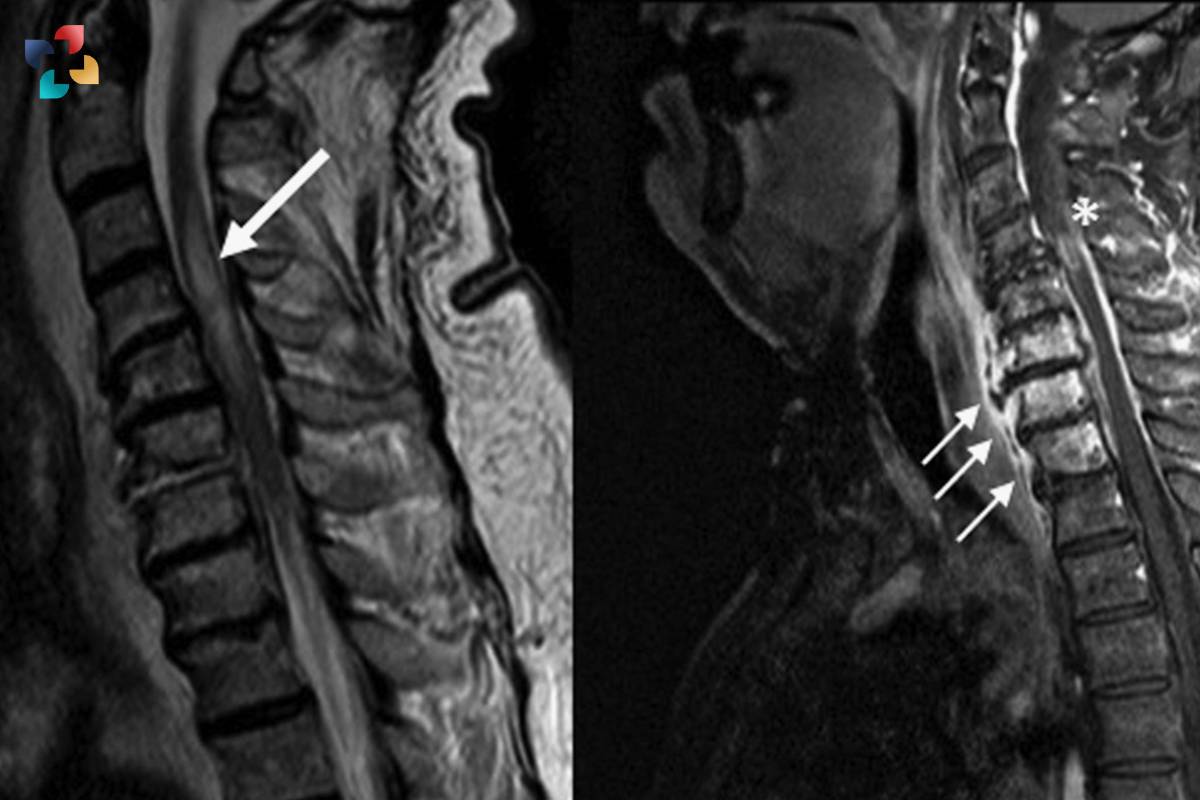Heart disease continues to be the world’s top cause of death, underscoring the urgent need for successful preventative measures. Maintaining cardiovascular health and general well-being requires an understanding of heart disease prevention. This thorough handbook examines important therapies, lifestyle changes, and evidence-based strategies to support people on their path to a heart-healthy lifestyle.
Here are Guides on How to Prevent Heart Disease:
1. Understanding Heart Disease Risk Factors
To prevent heart disease, it’s crucial to comprehend the risk factors contributing to its development. These include high blood pressure, elevated cholesterol levels, smoking, diabetes, obesity, and a sedentary lifestyle. Knowledge of these factors enables individuals to make informed decisions about their health.

Recognizing the interplay of these risk factors is key to developing a personalized prevention strategy. High blood pressure, or hypertension, strains the heart and arteries, increasing the risk of cardiovascular events. Elevated cholesterol levels contribute to plaque formation in arteries, restricting blood flow. Smoking introduces harmful chemicals, damaging blood vessels and escalating heart disease risk.
Diabetes poses additional challenges, as it affects blood sugar levels, intensifying cardiovascular vulnerability. Obesity and sedentary lifestyles exacerbate these issues, fostering an environment conducive to heart disease. Empowering individuals with in-depth knowledge enables proactive measures, fostering a comprehensive and effective approach to heart disease prevention.
2. Promoting Heart-Healthy Nutrition
Adopting a heart-healthy diet significantly contributes to preventing cardiovascular diseases. Emphasizing fruits, vegetables, whole grains, lean proteins, and healthy fats while reducing sodium and processed foods supports optimal heart health. Dietary patterns like the Mediterranean diet have shown particular efficacy in preventing heart disease.
Furthermore, maintaining a balanced diet promotes weight management and regulates cholesterol levels, a pivotal aspect of heart disease prevention. The Mediterranean diet, rich in olive oil, fruits, vegetables, and fish, exemplifies a heart-protective approach. Its emphasis on unsaturated fats, antioxidants, and omega-3 fatty acids fosters cardiovascular well-being.
Integrating such dietary principles empowers individuals to take charge of their health, making informed choices that serve as a potent shield against heart disease. Through nutrition, individuals can cultivate a lifestyle that not only safeguards against cardiovascular risks but also enhances overall well-being. Prevent heart disease by adopting these dietary principles and cultivating a lifestyle that promotes cardiovascular well-being.
3. Maintaining a Healthy Weight
Obesity is a significant risk factor for heart disease. Engaging in regular physical activity and adopting a balanced diet are fundamental for achieving and maintaining a healthy weight. Sustainable weight management plays a pivotal role in preventing heart-related complications.
Regular exercise not only aids in weight management but also contributes directly to heart disease prevention. Physical activity strengthens the cardiovascular system, improves blood circulation, and helps regulate blood pressure. Combining aerobic exercises like walking, jogging, or swimming with strength training enhances overall heart health. These lifestyle choices, when integrated into daily routines, serve as potent tools in the prevention of heart disease. Prioritizing regular physical activity not only supports weight management but also fortifies the body against the onset of cardiovascular issues, reinforcing the foundation for a heart-healthy life.
4. Regular Physical Activity
Exercise is a cornerstone of heart disease prevention. Regular physical activity strengthens the cardiovascular system, lowers blood pressure, improves cholesterol levels, and enhances overall fitness. Incorporating aerobic exercises, strength training, and flexibility exercises into a routine promotes heart health.
Prevent heart disease by making regular physical activity a part of your routine, promoting cardiovascular strength, and enhancing overall fitness. Engage in exercises that strengthen the cardiovascular system, lower blood pressure, and contribute to improved cholesterol levels. Make physical activity a priority to prevent heart disease and promote overall heart health.
5. Managing Stress
Chronic stress contributes to heart disease risk. Implementing stress management techniques, such as meditation, yoga, mindfulness, or engaging in hobbies, fosters emotional well-being and reduces the impact of stress on the heart.

Incorporating stress management techniques into daily life is paramount for preventing heart disease. Chronic stress can contribute to elevated blood pressure and inflammation, both significant factors in cardiovascular health. Meditation, yoga, mindfulness practices, or engaging in enjoyable hobbies provide effective avenues for stress reduction.
By cultivating emotional well-being and resilience, individuals can mitigate the adverse effects of stress on the heart, establishing a vital component of holistic heart disease prevention. Integrating these practices into one’s routine not only supports emotional health but also fortifies the body against the detrimental impacts of chronic stress on cardiovascular well-being.
6. Avoiding Tobacco Products
Smoking is a major risk factor for heart disease. Quitting smoking significantly improves cardiovascular health. Educational programs, support groups, and pharmacological interventions can assist individuals in overcoming nicotine addiction.
7. Regular Health Check-ups
Periodic health check-ups are essential for monitoring blood pressure, cholesterol levels, and overall heart health. Early detection and management of risk factors contribute to effective heart disease prevention.
Regular health check-ups play a pivotal role in preventive heart care. These routine examinations enable healthcare professionals to monitor key indicators such as blood pressure and cholesterol levels, offering valuable insights into cardiovascular health. Early detection of elevated blood pressure or cholesterol allows for prompt intervention and management, significantly reducing the risk of heart disease.
Through regular screenings, individuals can proactively address emerging health concerns, making informed lifestyle adjustments or initiating medical treatments as needed. These preventive measures, facilitated by periodic health check-ups, empower individuals to take charge of their heart health and mitigate potential risks before they escalate.
8. Limiting Alcohol Consumption
While moderate alcohol consumption may have cardiovascular benefits, excessive drinking poses risks. Understanding and adhering to recommended alcohol limits is crucial for heart health.
9. Medication Adherence

For individuals with existing cardiovascular conditions or significant risk factors, medication adherence is vital. Following prescribed medications, such as blood pressure or cholesterol-lowering medications, as directed by healthcare professionals, plays a crucial role in preventing heart disease progression.
10. Promoting Heart Health Education
Education is a powerful tool for preventing heart disease. Raising awareness about cardiovascular health, risk factors, and preventive measures empowers individuals to make informed choices and prioritize their heart health. Prevent heart disease by actively engaging in heart health education.
Stay informed about cardiovascular health, understand risk factors, and learn about preventive measures to make informed choices and prioritize your heart health. Education is a powerful means to prevent heart disease, equipping individuals with the knowledge to make informed decisions and prioritize their cardiovascular well-being.
Conclusion:
In summary, preventing heart disease requires a multimodal strategy that includes healthy decisions, lifestyle adjustments, and routine health monitoring. People can greatly lower their risk of experiencing heart-related difficulties by forming heart-healthy habits and becoming aware of their unique risk factors. This will open the door to a happier and more satisfying life.
Also Read: How to Reduce the Risk of Heart Disease Through Healthy Living?











